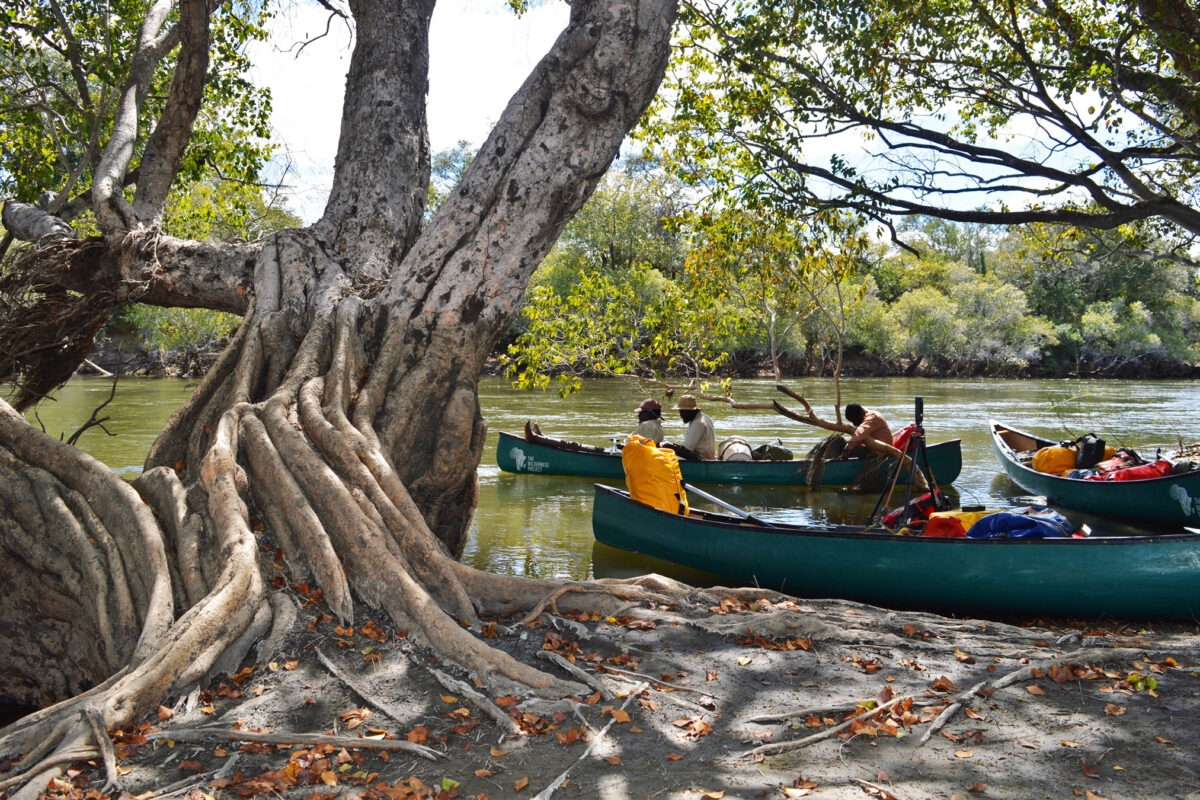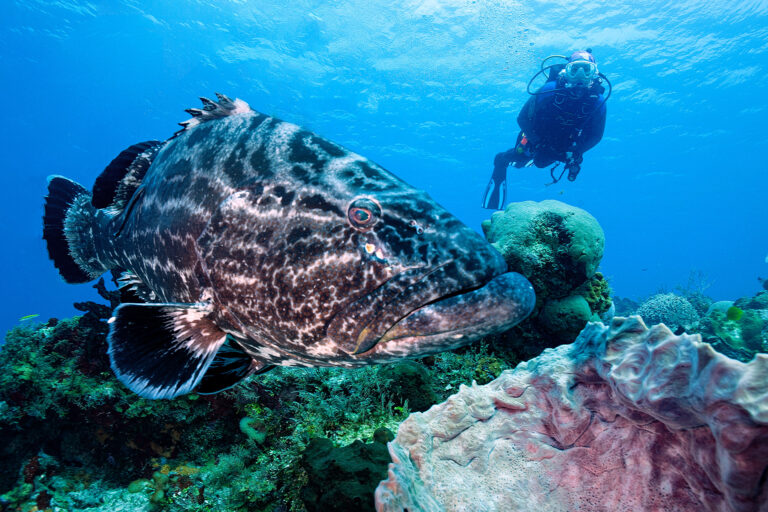The International Commissions for the Conservation of Atlantic Tuna (ICCAT) ignored the advice of its scientists to end fishing of the Atlantic bluefin tuna. Instead ICAAT set a quota of 13,500 tons of fish. This is not the first time ICCAT has flouted its own researchers’ advice: it has repeatedly set quotas well-above its researchers’ recommendations.
Estimating that the Atlantic bluefin tuna’s biomass is less than 15 percent of its original stock before industrial fishing, ICCAT scientists recommended in late October that the organization ban all fishing of the species, which is classified as Critically Endangered by the IUCN.
“Since its inception, the International Commission for the Conservation of Atlantic Tunas has been driven by short-term commercial fishing interests, not the conservation ethic implied by its name,” said Susan Lieberman, Director of International Policy for the Pew Environment Group. “Only a zero catch limit could have maximized the chances that Atlantic bluefin tuna could recover to the point where the fishery could exist in the future.”
It’s not just the quota for legal fishing that is threatening the bluefin tuna. Quotas are often exceeded and illegal fishing for bluefin tuna takes another huge chunk out of the species’ population every year. In the past actual catch rates have been estimated to be double the quotas set.
“When you adjust the new catch limit to account for over-fishing and rampant illegal fishing by some countries and add in ICCAT’s poor enforcement and compliance record, the prospects for the recovery of the once-abundant Atlantic bluefin tuna are dismal,” added Lieberman.
This spring WWF released a report that if fished at current rates Atlantic bluefin tuna would have only three years before becoming functionally extinct.
However, the beleaguered species does have another chance. Monaco has asked for the species to be listed under Appendix I of the Convention on International Trade of Endangered Species (CITES), which would make catching any Atlantic bluefin tuna illegal. The group meets in March in Qatar.
Lieberman agrees with Monaco’s proposal: “ICCAT’s actions and inactions highlight the need to take these issues to CITES—the Convention on International Trade in Endangered Species. The ICCAT fisheries managers have shown scant interest in the long-term preservation of the key resources they are supposed to manage. It is now time to turn to other bodies to seek the needed protections that ICCAT has failed to provide.”
Atlantic bluefin tuna is primarily sold in Japan for premium sushi. It is a lucrative business: estimated at 7.2 billion US dollars a year. A single fish can sometimes sell for over 100,000 US dollars at the Tokyo Market.
Related articles
Atlantic bluefin tuna should be banned internationally: ICCAT scientists
(10/29/2009) Scientists with the International Commission for the Conservation of Atlantic Tuna (ICCAT) have said in a new report that a global ban on Atlantic bluefin tuna fishing is justified. ICCAT meets in November to decide if they will follow their scientist’s recommendations.
Global fisheries begin to show signs of recovery where management is strong
(07/30/2009) New research reveals hopeful signs that overfished marine ecosystems can recover provided adequate protections. The two-year study, publish in the journal Science, found that efforts to reduce overfishing are beginning to succeed in five of the ten large marine ecosystems examined, suggesting that “sound management can contribute to the rebuilding of fisheries.”
Sushi restaurant, Nobu, warns patrons not to eat bluefin tuna, but serves it anyway
(05/27/2009) Last year, Nobu was caught red-handed serving critically-endangered bluefin tuna to patrons, even after servers claimed its tuna was not bluefin. Now after heavy criticism, the trendy restaurant, owned by Robert DeNiro and popular with celebrities, has finally taken action.
Turkey ignores bluefin tuna quotas, further imperiling critically-endangered species
(05/12/2009) A few weeks into the bluefin tuna fishing season and Turkey has decided to go it alone. Breaking international agreements, the Turkish government has announced that it will ignore agreed-upon bluefin tuna quotas. The news is not good for the survival of the critically-endangered fish species, since Turkey operates the largest Mediterranean fleet for bluefin tuna.
Mediterranean bluefin tuna has only three years left unless fishery closes
(04/14/2009) If the Mediterranean bluefin tuna fishery is not closed, the bluefin will be functionally extinct by 2012 according to a new analysis from World Wildlife Fund (WWF). While the population has undergone steep declines for over a decade, fishery managers and policy-makers have continually ignored calls from scientists that fishing must stop if the Mediterranean bluefin tuna is to survive.
Tuna industry launches new organization to save tuna from itself
(03/16/2009) Yesterday saw the launch of the International Seafood Sustainability Foundation (ISSF). Composed of scientists, environmental organizations, and the tuna industry, ISSF will focus on ensuring that tuna populations are preserved from overfishing.














